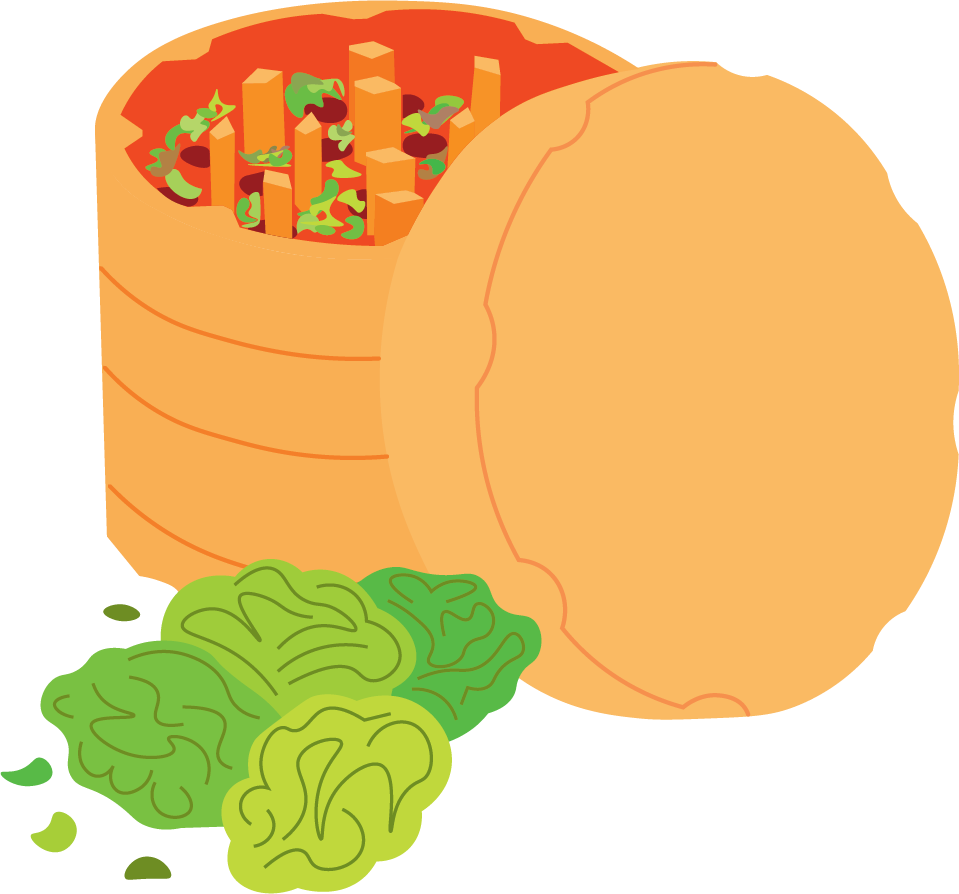“Medical or recreational?” “Flower or edibles?” “Indica or sativa?”
These are some choices you might encounter when entering an Illinois dispensary. Following recreational marijuana’s legalization in 2020, Evanston buyers can now purchase the substance from a budding business: Zen Leaf.
"By legalizing it we are trying to destigmatize it,”
JoJo Holm
Located at 1804 Maple Ave. in downtown Evanston, the dispensary is across from BLICK Art Materials and the newly reopened AMC Cinema, two strong options for a post-smoke sesh.
Weinberg third-year Devyn Coar first visited Zen Leaf when she turned 21. She searched online for a weed strain that would meet her needs and went to pick up the product in person. Upon entering the store, employees immediately asked Coar for her ID. After verifying her age, they gave her the items in her online order. As per Zen Leaf’s student discount, she also received 10% off the purchase.
Sometimes choosing the correct product is a joint effort. Dispensary staff members, or budtenders, are happy to make recommendations. Nicholas Covington, manager of Zen Leaf’s Evanston location, says the staff are friendly and eager to assist rookie customers.
“If you’ve come to a budtender and you’re asking 100 million questions, that’s their job to answer,” Covington says. “So, being a first-timer, I always tell people to be okay with not knowing [about weed] when you come in, and you’re not going to be judged for it.”
Depending on what effects the purchaser desires, budtenders recommend different strains. While sativa is described as energetic and social, indica is more calming. Coar says she’s been smoking indica lately since it helps her feel relaxed.
Zen Leaf employees want all their customers to ride the high, but they also need to weed out underage purchasers. Don’t try using a fake ID at a dispensary, kids. All potential purchasers will have to pass not one but two scans of their identification.
“Just because you got through the first door, we still need to confirm we aren’t selling to an underage person,” Covington says.
There are also numerous restrictions and laws in Illinois that regulate how dispensaries sell their products, how they’re taxed and where that tax money goes.
For example, Covington says dispensaries cannot openly display cannabis. Illinois recreational marijuana taxes are also higher than most states. According to the Illinois Department of Revenue, Illinois taxes 25% on products with a tetrahydrocannabinol (THC) level higher than 35% and issues a 20% tax on products with a THC level under 35%. In contrast, New Jersey levies a 6.625% tax for all recreational cannabis, with some varying local taxes.
According to the Chicago Tribune, Illinois’ marijuana tax money often goes toward Chicago neighborhood development and substance abuse treatment. The Tribune also reported that Zen Leaf’s taxes fund Evanston’s reparations program, which aims to provide Black residents with funds for housing payments and repairs as a redress for racial discrimination.
Zen Leaf is the sole dispensary in Evanston and the only one funding Evanston’s $10 million reparations project. The project’s founder Robin Rue Simmons said in an interview with Evanston RoundTable that using a cannabis tax was an apt way to rectify Evanston’s over-policing of the Black community for marijuana use.
Despite the high taxes, Weinberg third-year JoJo Holm doesn’t consider the prices unfair.
“We’re in Evanston, so I think it makes sense that it’s just a little bit more expensive,” Holm says. “It felt really reasonable to me.”
Covington says he believes cannabis helps people, whether through government funding like the reparations program or in customers’ day-to-day lives. Holm believes that smoking is a more positive experience compared to drinking and can also strengthen friendships.
“The reality is, by legalizing it we are trying to destigmatize it,” Holm says. “I think that’s really great.”



